Kabul links "foreign intelligence" in bomb blast
The attack on Kabul's Indian embassy couldn't have been conducted without the "support of foreign intelligence."
Tuesday, 08.07.2008.
12:18

The attack on Kabul's Indian embassy couldn't have been conducted without the "support of foreign intelligence." These were the findings of an Afghan security report made public on Tuesday. Kabul links "foreign intelligence" in bomb blast The report, delivered at an Afghan cabinet meeting following Monday's attack, did not name a foreign intelligence service, but Afghanistan regularly accuses circles in Pakistan of supporting the Taliban and other insurgents. "The terrorists no doubt could not have succeeded in launching such an atrocity without full support of foreign intelligence," the summary of the cabinet meeting released Tuesday said, citing the report. The cabinet, chaired by Afghan President Hamid Karzai, met hours after a suicide attack on the embassy killed 41 people and wounded nearly 150 others, including two Indian diplomats. The attack was the deadliest in Kabul since the 2001 fall of the hardline Taliban regime in a U.S.-led invasion. The Taliban have denied responsibility. The United Nations led worldwide condemnation of the bombing of India's embassy in Afghanistan, which left 41 dead in one of the worst attacks in the country since the fall of the Taliban. The UN Security Council called it a "reprehensible act of terrorism" and expressed concern about the continuing threat posed by the hardline Islamic militant Taliban, who ruled the nation from 1996 to 2001. UN Secretary General Ban Ki-moon, in Japan for the summit of the Group of Eight wealthy nations, said he condemned the attack "in the strongest terms" and called for those behind it to be brought to justice. "No political agenda or grievance can justify such reprehensible means," Ban said. The Indian embassy's military attache and a political counselor were killed along with two Indian guards. The body of one of the diplomats was flung onto the roof of the embassy by the force of the blast and only found hours later. India is one of Afghanistan's staunchest allies as the war-torn country battles an increasingly bloody Taliban insurgency, and the international community has sent in about 70,000 troops to aid the Afghan government. The United States, which has the biggest contingent of those troops, called the attack a "needless act of violence" and said it stood with the people of both Afghanistan and India against their "common enemy" of extremism. "Extremists continue to show their disregard for all human life and their willingness to kill fellow Muslims," U.S. national security spokesman Gordon Johndroe said. NATO, which altogether leads more than 50,000 troops in the International Security Assistance Force (ISAF) trying to help bolster the government, was also quick to condemn the attack. "The loss of life and injuries to so many is a tragedy, and a clear attempt to undermine regional relations," NATO Secretary General Jaap de Hoop Scheffer said, calling on all parties to "remain calm in the face of this provocation." Foreign Minister Frank-Walter Steinmeier of Germany, the third biggest contributor of NATO forces in Afghanistan, said "terrorists" were trying to prevent the establishment of an "orderly and democratic" Afghanistan. India said those behind the bombing were "no better than the worst criminals" and insisted: "Such acts of terror will not deter us from fulfilling our commitments to the government and people of Afghanistan." The Afghan government said the attack had been coordinated with and helped by "regional intelligence circles" -- an apparent reference to Pakistan. Kabul has repeatedly accused elements in Pakistan's army and its shadowy intelligence service of giving financial and other support to Taliban and other extremists for strategic interests. Pakistan itself expressed "profound condolences" over the attack. "Pakistan condemns terrorism in all its forms and manifestations, as this menace negates the very essence of human values," Foreign Minister Shah Mehmood Qureshi said.
Kabul links "foreign intelligence" in bomb blast
The report, delivered at an Afghan cabinet meeting following Monday's attack, did not name a foreign intelligence service, but Afghanistan regularly accuses circles in Pakistan of supporting the Taliban and other insurgents."The terrorists no doubt could not have succeeded in launching such an atrocity without full support of foreign intelligence," the summary of the cabinet meeting released Tuesday said, citing the report.
The cabinet, chaired by Afghan President Hamid Karzai, met hours after a suicide attack on the embassy killed 41 people and wounded nearly 150 others, including two Indian diplomats.
The attack was the deadliest in Kabul since the 2001 fall of the hardline Taliban regime in a U.S.-led invasion.
The Taliban have denied responsibility.
The United Nations led worldwide condemnation of the bombing of India's embassy in Afghanistan, which left 41 dead in one of the worst attacks in the country since the fall of the Taliban.
The UN Security Council called it a "reprehensible act of terrorism" and expressed concern about the continuing threat posed by the hardline Islamic militant Taliban, who ruled the nation from 1996 to 2001.
UN Secretary General Ban Ki-moon, in Japan for the summit of the Group of Eight wealthy nations, said he condemned the attack "in the strongest terms" and called for those behind it to be brought to justice.
"No political agenda or grievance can justify such reprehensible means," Ban said.
The Indian embassy's military attache and a political counselor were killed along with two Indian guards. The body of one of the diplomats was flung onto the roof of the embassy by the force of the blast and only found hours later.
India is one of Afghanistan's staunchest allies as the war-torn country battles an increasingly bloody Taliban insurgency, and the international community has sent in about 70,000 troops to aid the Afghan government.
The United States, which has the biggest contingent of those troops, called the attack a "needless act of violence" and said it stood with the people of both Afghanistan and India against their "common enemy" of extremism.
"Extremists continue to show their disregard for all human life and their willingness to kill fellow Muslims," U.S. national security spokesman Gordon Johndroe said.
NATO, which altogether leads more than 50,000 troops in the International Security Assistance Force (ISAF) trying to help bolster the government, was also quick to condemn the attack.
"The loss of life and injuries to so many is a tragedy, and a clear attempt to undermine regional relations," NATO Secretary General Jaap de Hoop Scheffer said, calling on all parties to "remain calm in the face of this provocation."
Foreign Minister Frank-Walter Steinmeier of Germany, the third biggest contributor of NATO forces in Afghanistan, said "terrorists" were trying to prevent the establishment of an "orderly and democratic" Afghanistan.
India said those behind the bombing were "no better than the worst criminals" and insisted: "Such acts of terror will not deter us from fulfilling our commitments to the government and people of Afghanistan."
The Afghan government said the attack had been coordinated with and helped by "regional intelligence circles" -- an apparent reference to Pakistan.
Kabul has repeatedly accused elements in Pakistan's army and its shadowy intelligence service of giving financial and other support to Taliban and other extremists for strategic interests.
Pakistan itself expressed "profound condolences" over the attack.
"Pakistan condemns terrorism in all its forms and manifestations, as this menace negates the very essence of human values," Foreign Minister Shah Mehmood Qureshi said.






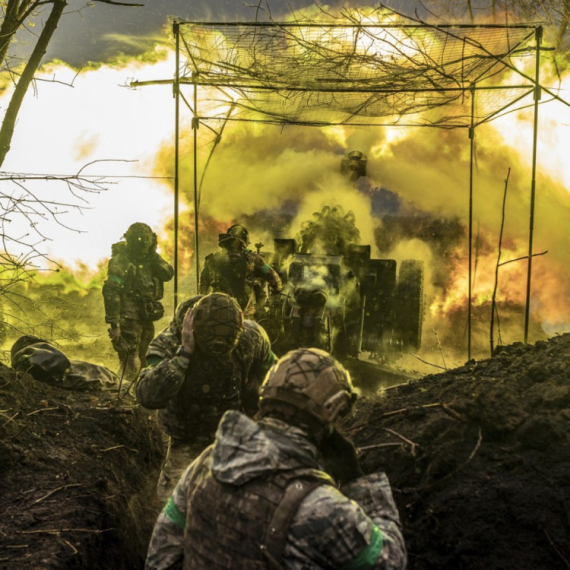




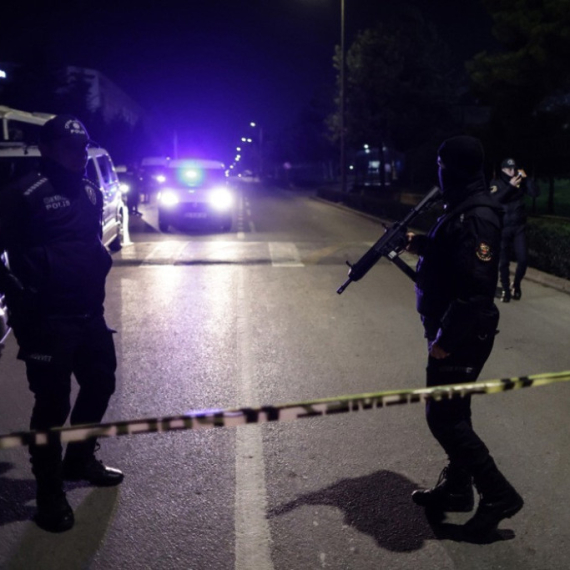
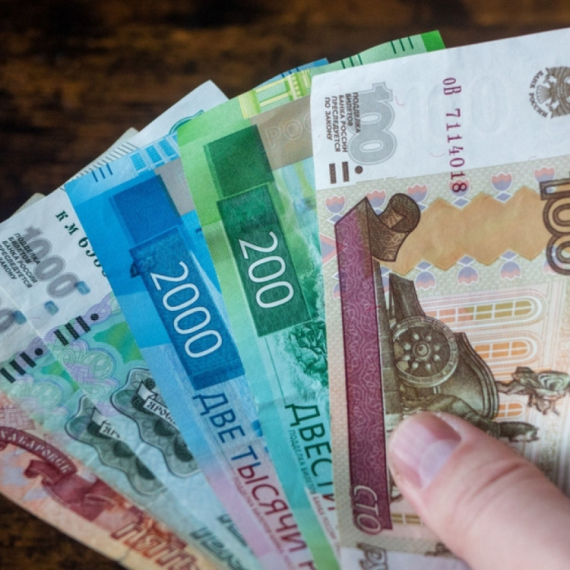


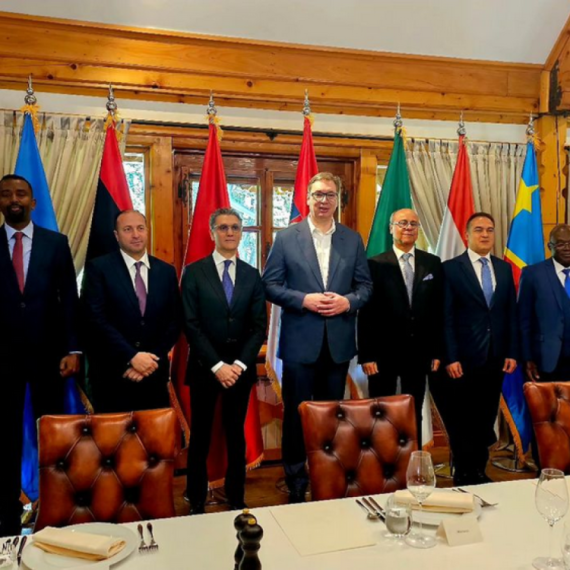

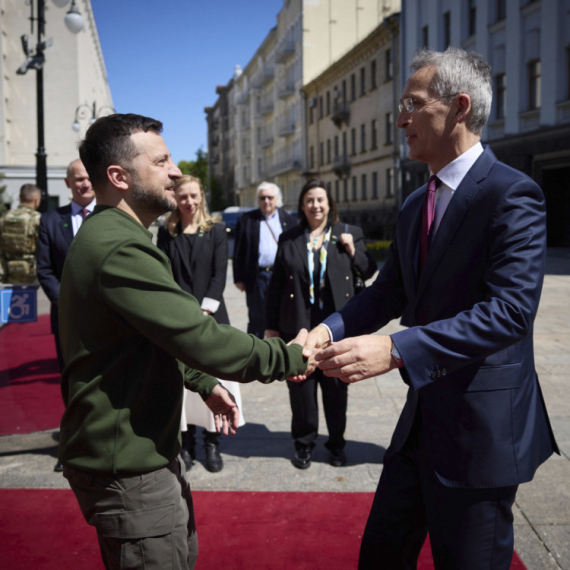
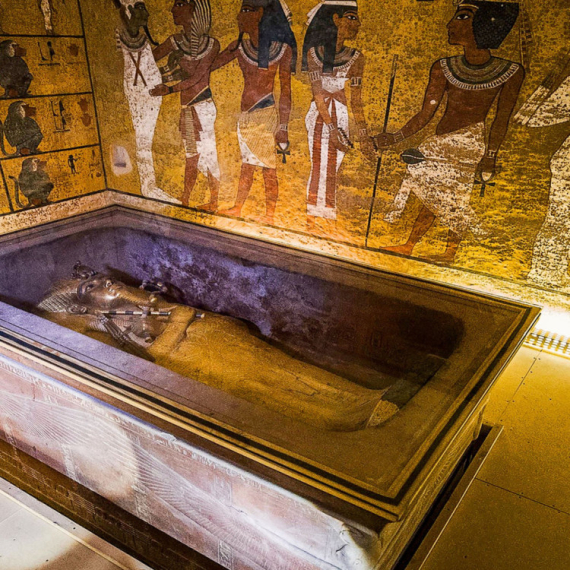

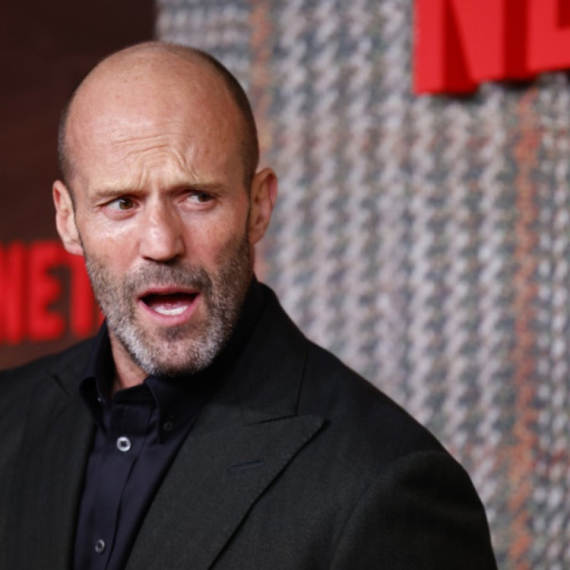
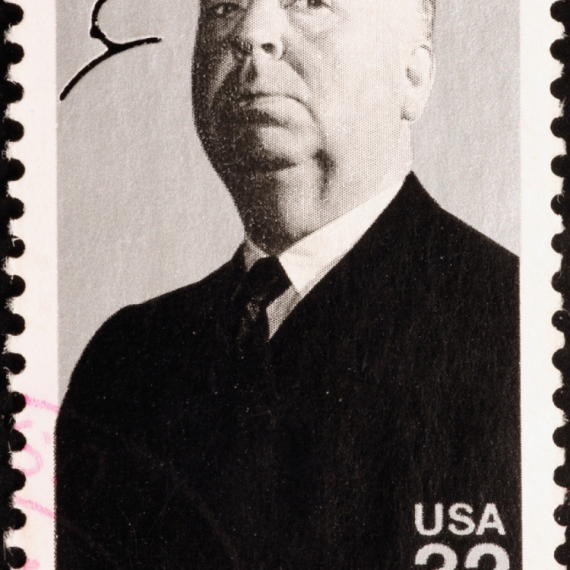



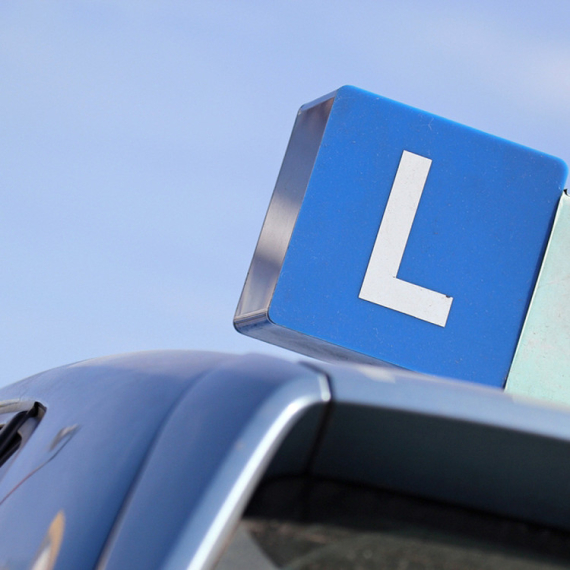






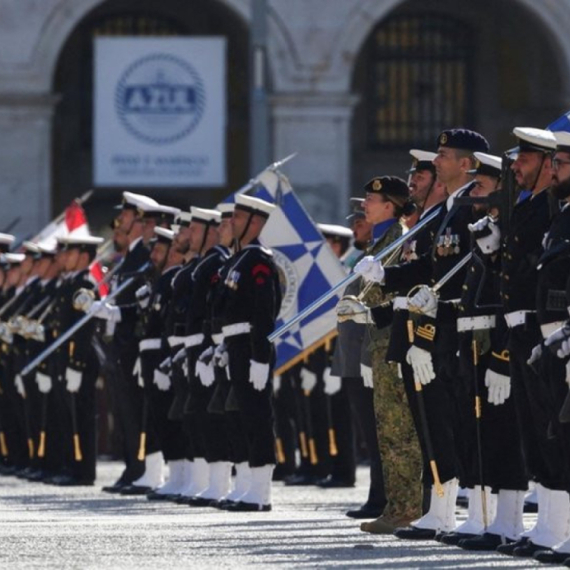

Komentari 0